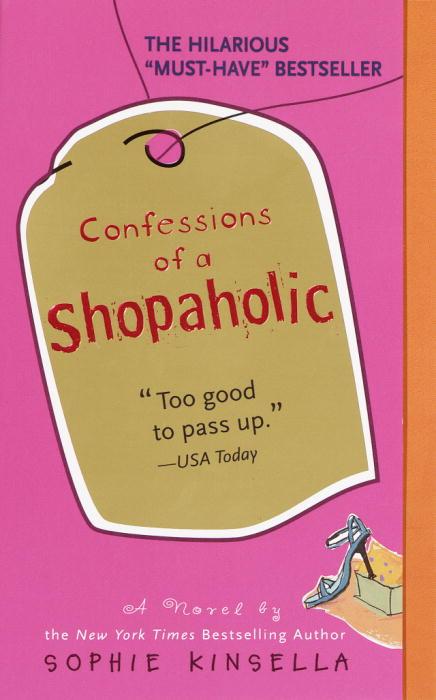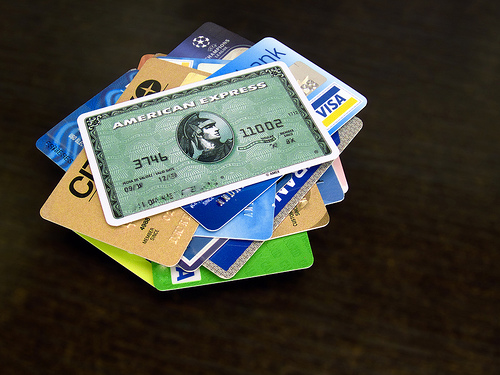Lawmakers are trying to crunch 2,079 pages of health-insurance overhaul proposals into a sweeping new law. As they do, some key decisions could impact your wallet and your coverage.
The three major bills now being debated have broadly similar outlines that probably won't change. They would expand the number of Americans with health insurance by requiring nearly everyone to have coverage and helping lower-income people purchase plans. All three would force insurers to sell to people even if they have health problems. And they would grandfather existing insurance so people can keep their current plans.
Eye on Health
Some key areas where consumers might see the impact of different overhaul proposals:
* Taxes: Some options would tax upper-income people or the richest health plans.
* Premiums: Proposals vary on how much insurers can raise rates based on age.
* Exemptions: Bills have different rules about who's required to have insurance.
* Medicare: A big difference is how the bills handle the drug-benefit 'doughnut hole.
But the bills also have important differences that can affect us as health-care consumers.
House leaders are trying to pull together a bill for a vote. In the Senate, the health committee passed a bill in July, and the Finance Committee is still working to finish its own. The two are then supposed to be merged into a final version. A bill that gets through the Senate is likely to be seen as the bellwether, at least on the most politically contentious provisions.

Here are five important consumer issues that will have to be resolved:
Taxes. Someone would have to pay new taxes if a bill passes, and the question is who. The House bill's levies are squarely aimed at wealthier Americans, with a surtax on married couples making more than $350,000 and individuals above $280,000. But House leaders have already signaled they're considering changes, including potentially bumping up those income levels.
The Senate Finance Committee bill includes taxes on some health-related companies. It also would add a tax on employer plans with premiums worth more than $8,000 a year for an individual or $21,000 for a family. The tax on health plans, levied on insurers, is set at 40% of the amount above the thresholds. The cutoffs are higher for retirees over 55, some high-cost states, and certain high-risk professions, such as firefighters.
Currently, the tax on health plans would affect only around 8% of taxpayers, according to a Senate Finance staffer. Tax experts say employers are likely to either pass along the tax to workers or trim benefit packages to keep their tab under the threshold.
The Senate Finance bill would also pinch flexible-spending accounts, which let people use tax-free dollars to pay medical expenses, capping them at $2,500. That's well above the amount typically put in the accounts now, a Senate Finance staffer says. There is currently no legal cap on the amount that people can put in their flex-spend accounts. However, many employers limit the sums.
Setting a cap could hit people like Jon Steinberg, 52, of Birmingham, Mich., who recently used up the $3,360 in the account he shares with his wife. Next year, they plan to put around $1,000 more in the flex-spend account, in part to pay for prescription drugs they take regularly. Capping the contributions "could take a big chunk out of your pocket," says Mr. Steinberg, an insurance agent.
Premiums. One clear contrast between the bills is how much help the government would give people who have to buy coverage. The bills all include subsidies for people making up to 400% of the poverty level, or around $73,000 for a family of three. The measures are designed to cap the share of income people spend on premiums.
But the amounts vary. A family of three making around $55,000 would have to pay about $4,300 a year under the Senate health committee bill, $5,500 under the House bill, and around $6,600 under the Finance Committee bill, according to Edwin Park, a senior fellow at the left-leaning Center on Budget and Policy Priorities.
You should also keep an eye on how widely premiums can vary based on age differences. The Senate Finance bill allows a range of much as 4 to 1. The other two bills say 2 to 1. The smaller the range, the cheaper plans become for older people and the more expensive for younger folks.
Exemptions. The bills will require almost everyone to buy health insurance, but they don't exactly agree on who can get out of that mandate. The Senate health committee bill says people who can't find coverage with premiums costing less than 12.5% of their annual income can be exempt, as well as those below 150% of the poverty level. The Finance Committee bill has a similar out, with a cutoff at 10%, as well as for those making less than 133% of poverty. The House bill says that the requirement can be waived based on "financial hardship."
People who violate the coverage requirement can be penalized under all three bills. The House proposal charges them 2.5% of their income annually, capped at the cost of premiums for a basic plan, an amount that isn't defined. The Senate health committee bill says no more than $750 penalty per person. And the Senate Finance Committee bill would charge $750 per person, capped at $1,500 per family, for those making between 100% and 300% of the poverty level. For people above that bracket, the penalty is $950 a person, or a maximum of $1,900 per family.
Such fines are likely to be an irritant for some people, as was seen in Massachusetts after the state enacted its own insurance mandate in 2006. Kristin Dube, of Andover, Mass., expects to pay a fine next year because she didn't buy an insurance plan that, at around $180 a month, cost more than she thought she could afford on her income as a free-lance television editor, which varies from week to week. But Ms. Dube, who is also trying to pay off credit-card debt and medical bills, says she makes too much to qualify for a subsidy.
"It's very frustrating," says Ms. Dube, 28. "I think that fining someone because they can't financially do something about it is wrong." She says she didn't know she could apply for an exemption from the mandate.
Plan Design. No matter where you get your insurance, all three congressional bills would require it to have certain minimum attributes, including coverage of hospital stays, and no annual or lifetime caps on how much an insurer will pay out.
But the House bill mandates that plans have a 70% minimum actuarial value, which means they cover an estimated 70% of health-care expenses on average for included benefits. The Senate Finance Committee's level is generally 65%, while the Senate health committee bill doesn't set a specific floor.
Among people with employer coverage today, just 2.6% have plans that aren't rich enough to meet the 65% standard, according to consultant Watson Wyatt Worldwide and the National Opinion Research Center at the University of Chicago. Around 10% of insured employees have coverage below the 70% level.
Save money on your favorite brands at Coupons.com. Click for many grocery coupons for free.
The bills also don't have the same limits on what consumers could be forced to spend out of pocket each year. It's $5,000 per individual and $10,000 per family in the House bill, while both Senate bills set the individual amount at $5,950 and, for a family, $11,900.
Medicare. Some beneficiaries would likely be affected by the bills' cutbacks to private Medicare Advantage plans. On the upside, however, all Medicare beneficiaries would get new fully covered preventive care. Do It From Home Medical Billing Click Here!
But beneficiaries need to pay particularly close attention to the drug benefit. The House bill would provide a 50% discount on brand-name prescriptions during the gap in Part D drug coverage known as the doughnut hole. It also would phase out that gap, though not until 2023. The Senate Finance Committee proposal does less, particularly for upper-income people. The brand-name drug discount isn't available to individuals making more than $85,000 or couples making more than $170,000. Drug-benefit premiums also would increase for people in these income brackets.
Mr. Dangerfield is an I.A.P.D.A Certified Debt Specialist whom has worked in the finance industry for 11 years. He manages www.beingbrokesuckstoday.com and is the author of "A Dangerfield Manifesto" and co-founder of SMG Holdings, the parent company of Squad Music Group, Dangerfield Artistic Entertainment SMG Publishing and Taboo Dangerfield Publishing


















